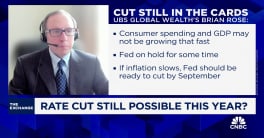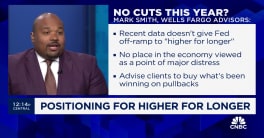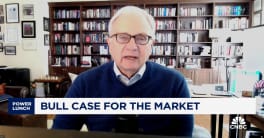Freddie Mac's weekly survey pegged average rates at 5.91 for the 30 year
fixed, 5.48 percent for the 15-year, 5.44 percent for the 5/1 ARM, and 4.68
for the 1-year ARM. All rates increased by double digits over those available
to borrowers for the week ended September 22.
The 30-year mortgage popped up 11 basis points from the 5.80 rate reported
the previous week although fees and points were down from 0.6 to 0.5. The 15-year
also increased 11 basis points from 5.57 but again fees and points were down,
in this case 0.2 to 0.5. The 5/1 ARM rose from 5.31 to 5.44 percent but fees
and points were down a substantial 0.3 over the previous week to 0.5.
From a borrower perspective, the 1-year ARM was the worst deal of the week. Rates rose a full 20 basis points to 4.68 and the drop in fees and points - from 0.7 to 0.6 didn't offer a lot of compensation. The difference between a 30 year fixed and a 1 year ARM narrowed to 1.23 percent.
This was the highest rate for the 30-year fixed rate mortgage since April 15 and the highest of the year for the 1-year ARM.
The Mortgage Bankers Association's survey for the week ending September 30 reported that 30-year fixed rate mortgage increased from 5.85 percent to 5.94 percent. Fees, including the origination fee, also increased to 1.21 from 1.19 the previous week.
15-year fixed rate mortgages increased 11 basis points to 5.5 percent while points declined to 1.15 from 1.23.
1-year ARMS showed an even narrower differential from fixed rates in the MBA report. The average rate for the week was up 11 basis points to 5.13 percent while points decreased marginally to 0.98 from 1.01. This gives ARMs only a very narrow advantage over fixed rates - 81 basis points less than the 30 year - the lowest differential since March 16, 2001.
Mortgage activity continued to trend downward. Applications were off 1.1 percent and 1.2 percent on an adjusted and unadjusted basis respectively compared to the previous week, and down 1.8 percent from the same week one year earlier. As pointed out last week, this is telling, given that 2005 volume had been running ahead of 2004 in double digits until the last two weeks.
Refinancing as a component of all mortgage activity held its own, increasing
to 44.5 percent of total applications from 43.9 percent the week before. The
ARM share was also up slightly, 11 basis points, to 29.8 percent.







